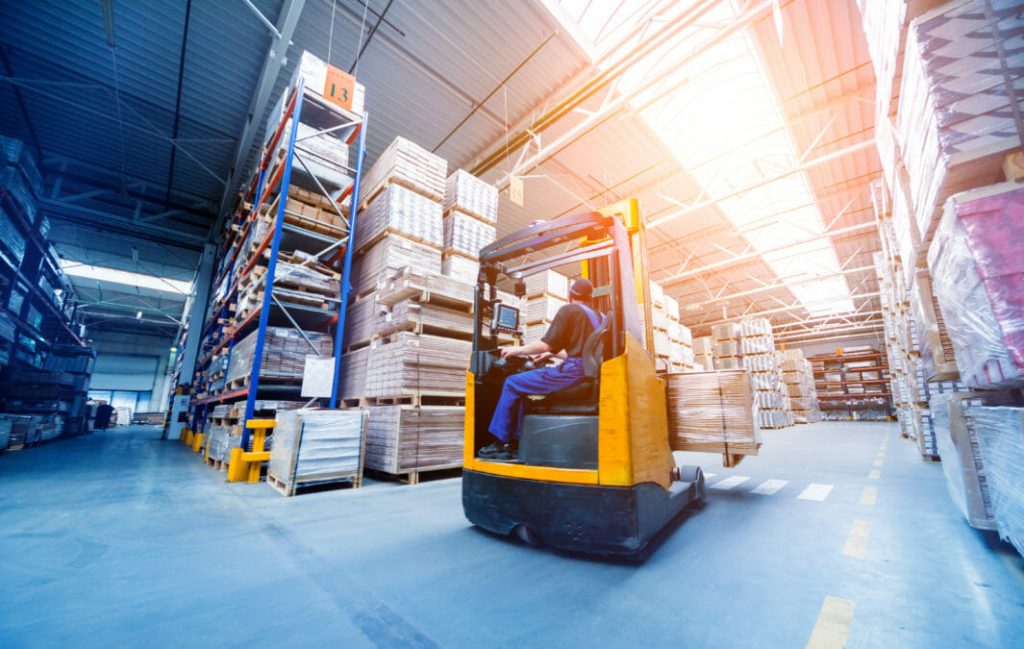The 21st century has ushered in a new era of logistics, marked by unprecedented challenges and opportunities. As the world becomes increasingly interconnected and businesses expand globally, the need for efficient, sustainable, and resilient logistics solutions has never been greater. In this article, we will explore the modern challenges facing the logistics industry and the innovative solutions that are emerging to address them.
E-commerce Boom – The rise of e-commerce giants like Amazon and Alibaba has transformed consumer behavior. With the convenience of online shopping, there is an ever-increasing demand for swift and reliable delivery services. This has put immense pressure on logistics companies to optimize their last-mile delivery processes.

Global Supply Chain Disruptions – The pandemic exposed vulnerabilities in global supply chains. Lockdowns, transportation restrictions, and labor shortages disrupted the flow of goods, highlighting the need for more resilient and adaptable supply chain solutions.
Sustainability and Environmental Concerns – Climate change and environmental sustainability have become central issues in the 21st century. Consumers and governments alike are pushing for keuntungan daftar driver lalamove, which require innovations in transportation, packaging, and energy efficiency.
Technological Advancements – Rapid advances in technology, including the Internet of Things IoT, Artificial Intelligence AI, and Blockchain, are changing the logistics landscape. These technologies offer opportunities to improve tracking, reduce costs, and enhance decision-making.
Urbanization and Congestion – As more people move to cities, urban congestion poses a significant challenge for logistics providers. Finding efficient ways to navigate crowded urban areas is crucial for timely deliveries.
Automation and Robotics – To meet the demands of e-commerce and increase efficiency, logistics companies are investing in automation and robotics. Autonomous vehicles, drones, and robotic warehouse systems are becoming integral parts of modern logistics.
Data Analytics and AI – Data-driven decision-making is essential for optimizing supply chain operations. AI and machine learning algorithms analyze vast amounts of data to predict demand, optimize routes, and reduce costs.
Green Logistics – Sustainability is a top priority. Companies are adopting electric vehicles, alternative fuels, and energy-efficient technologies to reduce carbon emissions. Moreover, initiatives like carbon offsetting and sustainable packaging are gaining traction.
Blockchain for Transparency – Blockchain technology is being used to enhance transparency and traceability in supply chains. It helps in verifying the authenticity of products, reducing fraud, and ensuring ethical sourcing.
Collaborative Logistics – Sharing resources and collaborating with other companies can reduce costs and minimize environmental impact. Collaborative logistics platforms connect shippers and carriers to optimize routes and reduce empty truck miles.
Resilient Supply Chains – Building resilient supply chains involves diversifying suppliers, increasing inventory visibility, and implementing risk management strategies. Digital twin technology is being used to create virtual models of supply chains for real-time monitoring and simulation.
Last-Mile Innovations – To tackle last-mile challenges, logistics companies are experimenting with alternative delivery methods, such as drones and electric bikes. Micro-fulfillment centers located closer to urban areas are also gaining popularity. As businesses continue to adapt to these changes, the logistics sector will play a crucial role in shaping the future of global trade and commerce.
